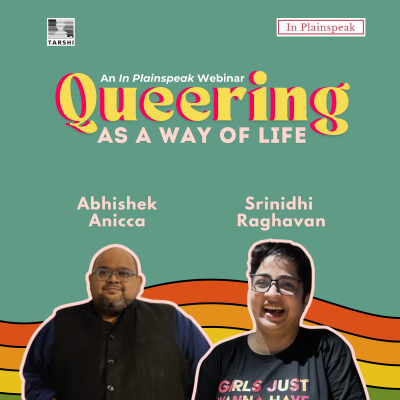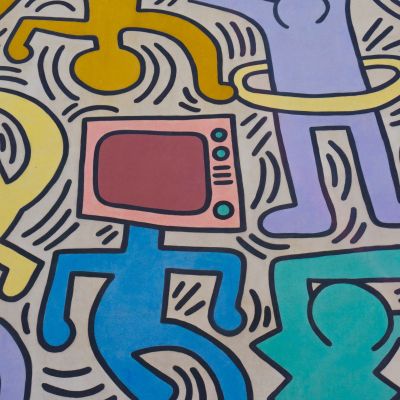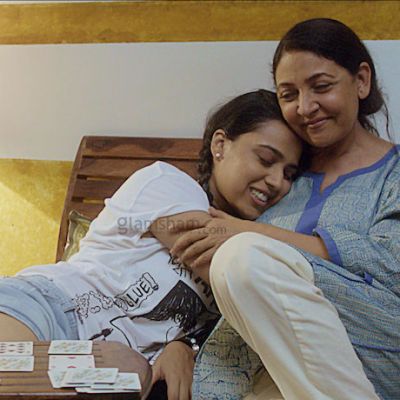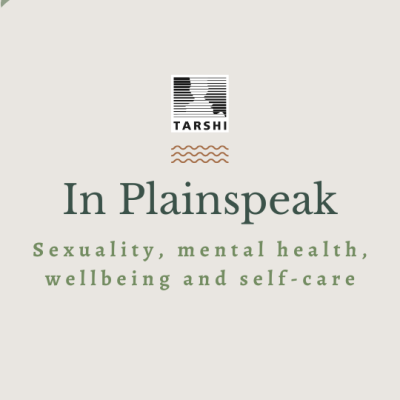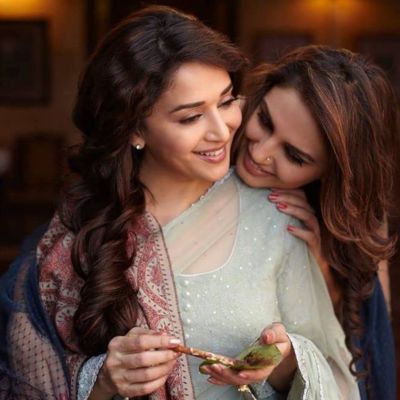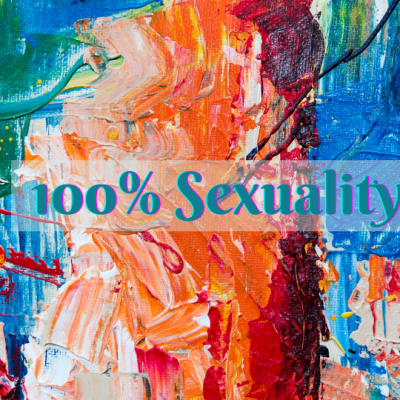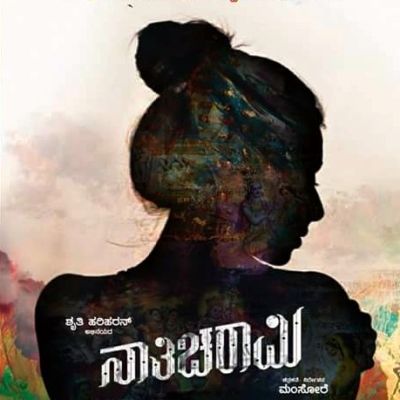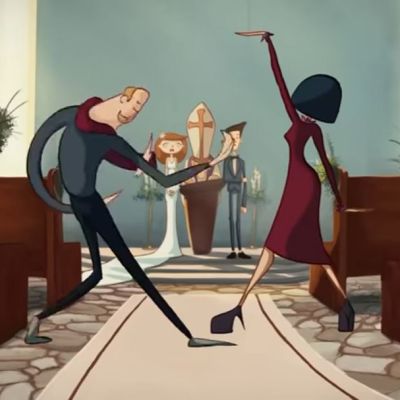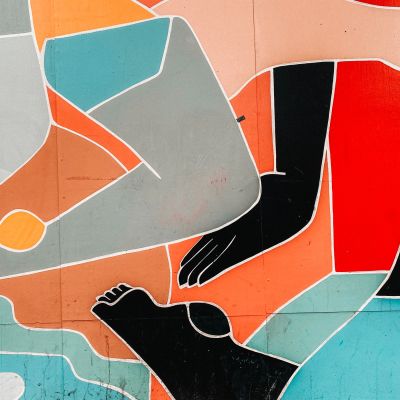Marriage
Marriage also feels complicated when one approaches it through the lens of feminism. Marriage throws in two people and often their families into a system designed to perpetuate patriarchy, subjugate women, and bind men and women (in heteronormative marriage) into strict roles in the marriage.
At TARSHI, we see queering as more than just an adjective; it’s a verb, an action that involves questioning accepted…
Why does the gap feel so wide no matter how much I explain, again and again, that I do not mean to hurt him… hurt any of them? I feel torn… but Amma and Appa need my help at home. Lockdown has been so damn hard.
The ambivalent character of the Gaali allows it to both express as well as contain antagonisms and repressed emotions in a non-threatening manner and humour is pivotal to this process.
एक मानवशास्त्रीय दृष्टिकोण से बॉलीवुड की फ़िल्मों में वर्ग और जेंडर के मुद्दों के चित्रण पर ग़ौर करना केथ्रीजी जैसी फ़िल्मों पर नई आलोचनाओं को बढ़ावा देता है।
I was not simply stuck within the binaries of “same-sex” or “opposite sex,” assuming that any reference to “same-sex” is in itself already revolutionary. But the call to recognise friendship, is a call to recognise so many forms of community that are made invisible by the emphasis within a liberal or conservative framework on “marriage” as the only path to family making.
You see, you are being pushed and pulled in all directions because people around you, whether family, friends or the larger society, expect you to behave in a particular fashion and stick to existing norms. However, your inner voice is telling you to challenge these norms and follow your own path.
Reviewing three films (or the subplots of three films) to see how subplots show that marriage isn’t a destination or a single story that begins and ends in the ‘happily ever after’.
The film has all the makings and trimmings of a commercial thriller – a dynamic story, song and dance, an action-packed climax – and at the same time, it is a cinephile’s film.
100 issues, 8 years! Thank you, dear readers and contributors! As we planned for this issue to put on our…
Nathicharami takes sexuality and sexual desire away from upper-class, Gucci-clad women and makes its viewers acknowledge its existence in the lives of women (middle-class wives and widows, in the case of this film) who are invisibilised, both in the society they live in and as subjects of popular content.
Marriage also feels complicated when one approaches it through the lens of feminism. Marriage throws in two people and often their families into a system designed to perpetuate patriarchy, subjugate women, and bind men and women (in heteronormative marriage) into strict roles in the marriage.
What can celebrating sexuality look like? Un Sacré Mariage!, an animated short by Francis Papillon and Gregory Verreault shows us with aplomb, jest and buoyancy that one of the ways to do it could be by moving away from conventions and rituals.
If we are to reimagine coupledom and sexuality, we need to expand and challenge our ideas about togetherness, romance, love, intimacy, desire, sex, attachment, and so on.


